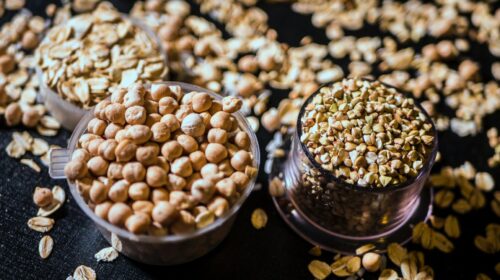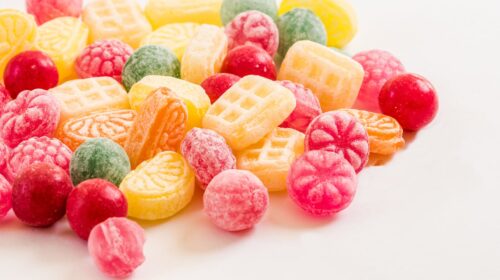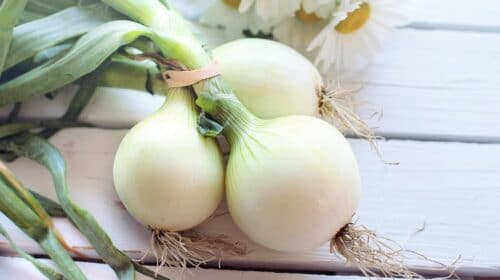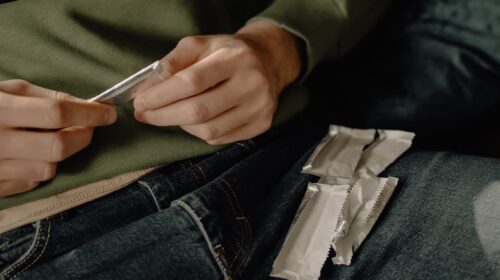While excessive cause gas and bloating can sometimes indicate underlying ill health, they often occur thanks to the foods that folks eat. Knowing which foods trigger cause gas and bloating can help an individual reduce flatulence. here we give you the top 10 foods that cause gas.
In this true story, Gas and bloating affect almost everyone at some point in time. While passing gas and belching are natural ways for the body to urge obviate excess air that gets trapped within the gut, excessive gassiness can sometimes be embarrassing and painful.
TOP 10 FOODS THAT CAUSE GAS
- Beans
- Dairy products
- Whole grains
- Vegetables
- Sodas
- Fruits
- Hard candy
- Onions
- Chewing gum
- Processed foods
Whether we’d wish to admit it or not, everyone gets gas from time to time. Gas is caused by swallowing air and therefore the breakdown of food in your alimentary canal. and the results are usually burping, feeling bloated, or passing gas. on average, most people pass gas a minimum of 14 times per day. Some people have more gas than others, which can be uncomfortable or embarrassing. However, the gas itself isn’t causing alarm.
If you’re experiencing tons of gas and bloating, making changes to your diet can help. Here are the kinds of foods that cause the foremost gas. confine mind that people’s bodies react differently, so if you create changes to your diet, avoid the foods you react to the foremost.
Lets see more about these top 10 foods that cause gas.
1. Beans

When you consider foods that cause gas, beans are probably at the highest of the list. Beans contain tons of raffinose, which may be a complex sugar that the body has trouble digesting. Raffinose passes through the tiny intestines into the massive intestines where bacteria break it down, producing hydrogen, CO2, and methane gas, which exits through the rectum.
2. Dairy products

Lactose may be sugar that’s found in milk and most dairy products, including cheese and frozen dessert. people that don’t produce enough of the enzyme lactase have difficulty digesting lactose, which is understood as lactase deficiency. Increased gas is one symptom of lactase deficiency. If you think you’re lactose intolerant, you would possibly reduce your symptoms by trying non-dairy replacements like almond milk or soy “dairy” products or taking a lactase tablet before eating foods with lactose.
3. Whole grains

Also, Whole grains like wheat and oats contain fiber, raffinose, and starch. All of those are weakened by bacteria within the intestine, which results in gas. In fact, rice is that the only grain that doesn’t cause gas.
4. Vegetables

Certain vegetables like Brussels sprouts, broccoli, cabbage, asparagus, and cauliflower are known to cause excess gas. So, we consider, like beans, these vegetables also contain the complex sugar, raffinose. However, these are very healthy foods, so you’ll want to speak together with your doctor before eliminating them from your diet.
5. Sodas

Sodas and other carbonated drinks can add significantly to the quantity of air you swallow. When the air gets into your alimentary canal, it’s to undergo somehow. This causes burping and should also increase what proportion of gas you pass. Swapping soda for juice, tea, or water (with no carbonation) may assist you to reduce gas.
6. Fruits

We think all fruits are very good for our health, but here are some facts you should know. in these fruits apples, peaches, pears, and prunes contain natural sugar alcohol, sorbitol, which the body has trouble digesting. Many fruits even have soluble fiber, which may be a sort of fiber that dissolves in water. Sorbitol and soluble fiber must both also undergo the massive intestines, where bacteria break them right down to create hydrogen, CO2, and methane gas.
7. Hard candy

Like carbonated drinks, sucking on candy can cause you to swallow extra air. Many candies also use sorbitol as a sweetener. These two factors can contribute to extra gas.
8. Onions

Onions contain a natural sugar called fructose. if you eat more, it may be cause for gas. so consider like raffinose and sorbitol, fructose contributes to gas when bacteria within the intestines break it down.
9. Chewing gum

Gum seems an unlikely source of gas, but chewing it can cause you to swallow more air. Many sugar-free gums also are sweetened with sugar alcohols that are harder to digest, like sorbitol, mannitol, and xylitol. If you burp tons, your doctor may recommend that you simply stop chewing gum to scale back gas.
10. Processed foods

Processed foods are groceries, like bread, snack foods, cereal, and dressing. These contain a spread of ingredients, including fructose and lactose. this mix can cause increased gas.
And there are many more foods, but they all are related to above mentioned primary foods.
Beans and lentils, Asparagus, broccoli, Brussels sprouts, cabbage, and other vegetables Fructose, a natural sugar found in artichokes, onions, peas, wheat, and some soft drinks Lactose, the natural sugar found in milk Fruits, oat bran, peas, and other foods high in soluble fiber, which gets digested in your large intestine Corn, pasta, potatoes, and other foods rich in starch
Sorbitol, the artificial sweetener Whole grains, such as brown rice, oatmeal, and whole wheat.
So, now we can find the way, how to avoid cause gas and bloating.
Here are two simple steps that can assist you to discover your problem foods.
- Keep a food diary. once you have bloating or gas, reminisce over the foods you’ve eaten within a previous couple of hours – that’s typically when gas occurs.
- Experiment, one by one, with the foods you think of. Eat one among the foods by itself. Does it offer you gas? so If it’s not, wait each day, then experiment with another of your suspect foods. Keep browsing the list on different days until you discover the food that provides you gas.
Adjust Your Diet
The best thanks to reducing gassiness are to avoid foods that cause problems. If healthy food gives you gas, like whole grains and vegetables — reduce the quantity you eat. after then, gradually start eating more of the food, then slowly increase the quantity bit by bit over weeks – to offer your gastrointestinal system time to regulate.
Consider a Supplement
So, if we consider Some supplements contain digestive enzymes that break down hard-to-digest foods. you’ll buy the enzyme lactase over the counter if dairy products offer you gas. I will talk here about one product it will help you avoid gas causes. A product called “Beano” will help break down gas-producing sugars in beans.
Avoid Swallowing Air
We all swallow small amounts of air. That’s normal. once we swallow an excessive amount of air called aerophagia it causes abdominal bloating, gas, or belching. concentrate on belongings you do this may cause you to swallow more air than you would like, such as:
- Chewing gum
- Drinking carbonated sodas
- Eating too quickly
- Smoking
- Wearing loose dentures
So hope you will now have some idea about the that can cause Gas and bloating. now you can start your diet plan now on.
let’s see if there any thing i missed in here. please comment and share with us your valuable idea’s and knowledge with us.
